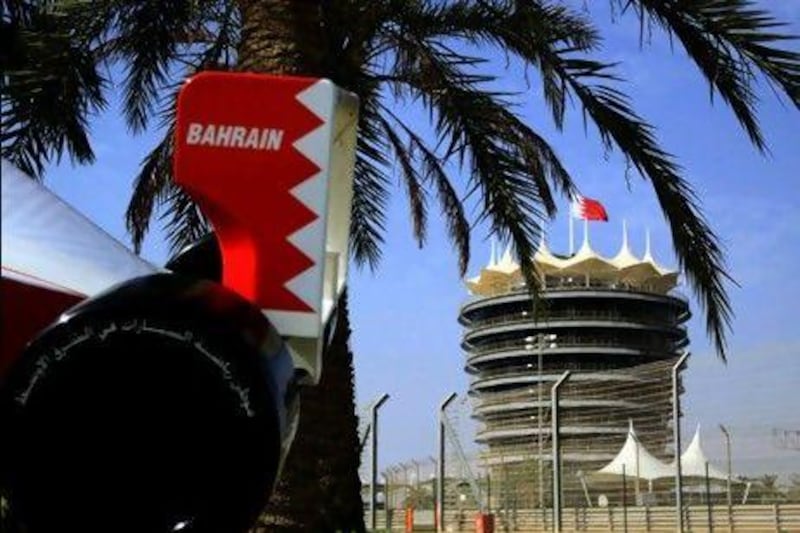Bahrain's government yesterday said it would spend 6.2 billion Bahraini dinars (Dh60.4bn) rebuilding its economy over the next two years as King Hamad bin Isa Al Khalifa lifted the state of emergency a fortnight earlier than planned.
The developments were greeted by business leaders as a sign the kingdom was keen to rebuild its damaged business hub after months of economic instability.
"Actions speak louder than words," said the managing director of an international bank with a presence in Bahrain who did not want to be named. "Clearly they are in the right direction but time will tell."
King Hamad imposed emergency rule on March 15 during protests by the majority Shiite population demanding political reforms. Bahrain called in troops from neighbouring Gulf states, including the UAE, to help control the demonstrations.
The remaining military presence withdrew from the kingdom's streets yesterday as martial law was lifted.
The lifting of the state of emergency came as the government set expenditure for two fiscal years, this year and next, at a total of 6.2bn dinars in a budget that forecasts a deficit of 1.56bn dinars over the next two years.
Deficit for this fiscal year is expected to hit 835.7 million dinars on a total expenditure of 3.12bn dinars, according to the Bahrain state news agency. The budget gap for next year is predicted to be 727m dinars with spending set at 3.07bn dinars.
King Hamad, in a speech to the country on Tuesday, said a US$10bn (Dh36.73bn) GCC support package for Bahrain, which was offered in March, would "strengthen the national economic process".
"The goal is to stimulate productivity, boost competitiveness, encourage and attract investments and enhance human resource efficiency," King Hamad said.
The kingdom's main economic body, the Economic Development Board (EDB), chaired by Sheikh Salman bin Hamad bin Isa Al Khalifa, Crown Prince of Bahrain, said the government had "received strong support from the business community".
It had been in dialogue with more than 300 companies to address any issues and prevent any impact from the political unrest on daily operations.
But some in the business community had doubts over Bahrain's ability to quickly reverse damage inflicted on the Gulf's smallest economy by the unrest.
The economy has been shaken by a combination of an exodus of staff from international corporations in the banking and finance industry and the sharp fall in visitors from neighbouring Saudi Arabia, which accounted for 75 per cent of all tourists in the country.
The postponement of the Formula 1 Bahrain Grand Prix, thought to generate $600m of revenue for the country, has also been a blow to the economy.
The World Motorsport Council is expected to make a decision tomorrow about whether to reschedule the event.
Goeksenin Karagoez, a financial analyst at Standard & Poor's, a credit rating agency, said the prospects for economic growth had dropped in light of political unrest that started with nationwide protests in February.
"The political unrest … is affecting the banks negatively," said Mr Karagoez, adding Bahrain's retail banks were a particular concern.
The rise of neighbouring Qatar has created challenges to the country's status as the financial hub of the Middle East.
It established itself as such in the 1980s when banks catering to the region's wealthy left Beirut because of the civil war. The kingdom's financial sector accounts for about a quarter of GDP and is an important factor in the government's effort to create jobs and diversify away from oil.
* with additional reporting by Gregor Stuart Hunter





